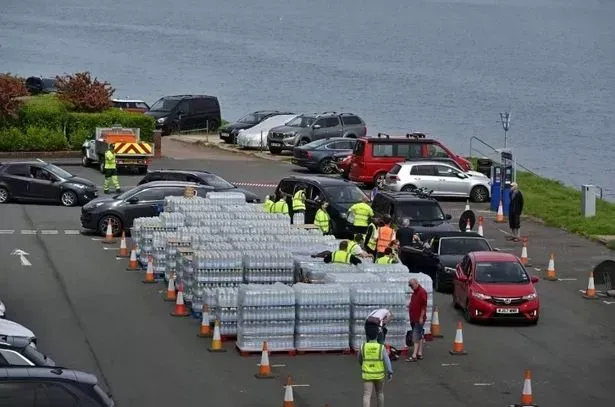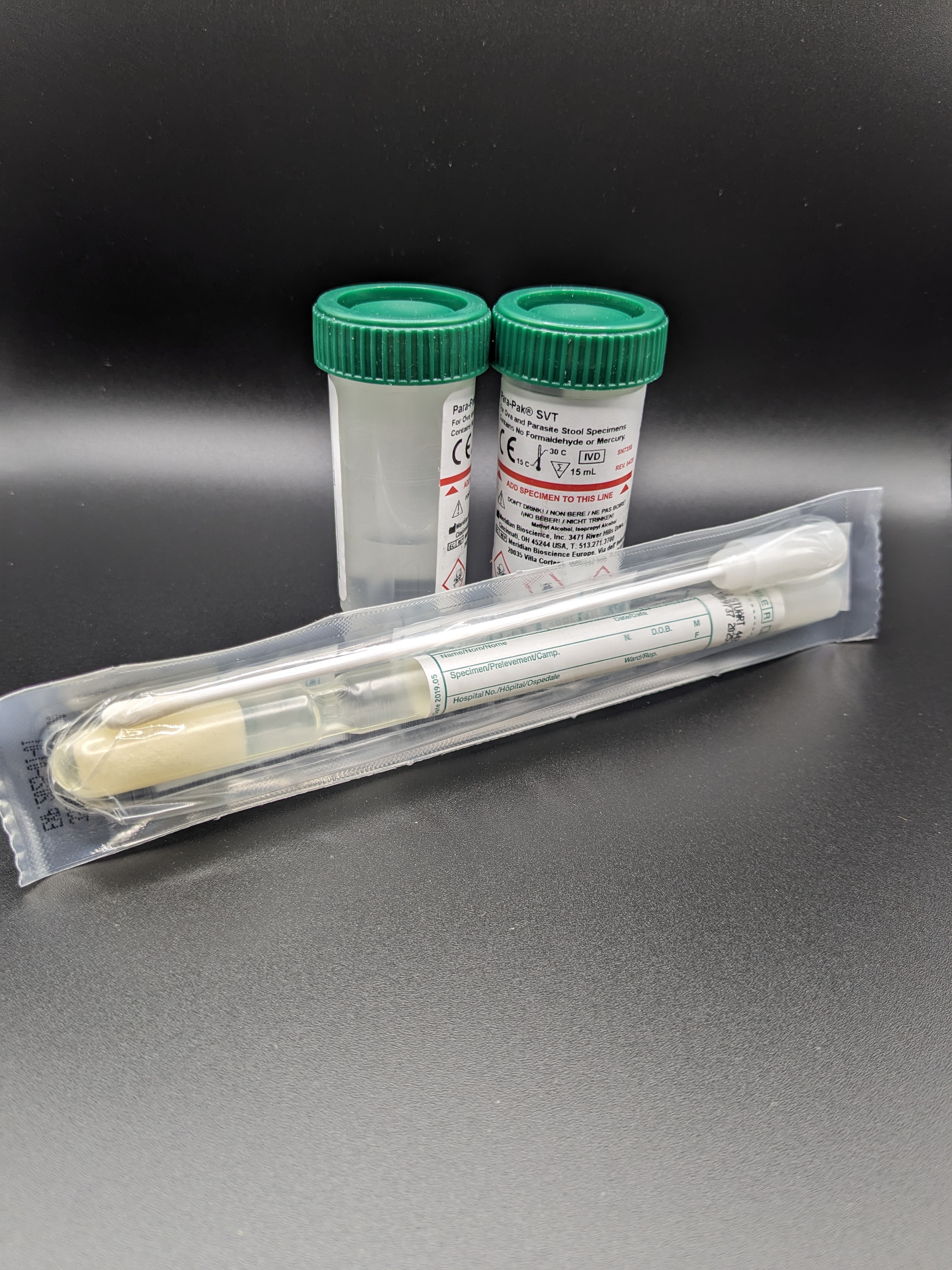
Latest Blog Articles

Devon cryptosporidium cases hit 100 and water is STILL contaminated
Devon Cryptosporidium Cases Reach 100 Amid Ongoing Water Contamination
Residents have been boiling their water since May 15 to prevent infection from the parasite.
Health officials have confirmed that the number of cryptosporidium cases in Devon has now reached 100. The outbreak in Brixham is believed to have originated from water contaminated with infected fecal matter infiltrating the drinking supply. This has led to widespread illness, with whole streets affected. Sufferers have reported enduring severe diarrhea and intense stomach cramps, with one individual likening the pain to childbirth.
Since May 15, residents have had to boil their water to ensure it is safe for consumption. South West Water (SWW) has acknowledged the need for ongoing intensive efforts to completely eradicate the contamination. As a gesture of compensation for the inconvenience, SWW has announced an automatic £50 credit to customer bills.

David Harris, SWW's incident director, reported that the reservoirs have been cleaned and the network flushed multiple times over the past week in Brixham. Despite these efforts, a boil water notice remains in effect, and Harris emphasized that the company must be "absolutely confident we have fixed this problem" before lifting the notice.
The UK Health Security Agency (UKHSA) reported an additional 23 cryptosporidium cases in the Brixham area by May 30, bringing the total to 100 confirmed cases. The source of the outbreak is suspected to be a damaged air valve on private land, potentially allowing animal waste or contaminated groundwater into the local water supply.

Sarah Bird, a consultant in health protection at UKHSA South West, stated: "The data indicates that the outbreak is associated with individuals who either reside in or visited the boil water notice area of Brixham and surrounding areas before the notice was issued. Although further cases may emerge due to the incubation period, the rate of new cases is declining."
Bird stressed the importance of good hygiene practices, such as washing hands with hot soapy water, as alcohol-based hand sanitizers are ineffective against cryptosporidium. "This is crucial to prevent further person-to-person transmission within the community," she added.

What is Cryptosporidium?
Cryptosporidium, or "Crypto," are microscopic parasites that reside in water and can infect humans through contaminated food or drink. The resulting illness, cryptosporidiosis, is primarily characterized by watery diarrhea but can also cause nausea, vomiting, and fever. While symptoms typically last about two weeks, they can persist longer in young children and individuals with weakened immune systems.
These parasites are encased in a tough outer shell, enabling them to survive outside a host for extended periods, especially in cool, moist environments. They are also resistant to chlorine, allowing them to persist in swimming pools for up to a week.
Outbreaks have been linked to drinking or swimming in contaminated water, and foods washed with such water pose a risk. Farmers handling livestock are also at risk, as the infection can be transmitted from animals like cows, goats, and sheep.
Once ingested, cryptosporidium parasites are released in the digestive tract, though some may pass through intact, leading to further contamination from fecal matter. Infected individuals can shed up to 100 million parasites per bowel movement, with as few as ten parasites needed to cause illness.
The UKHSA advises on managing cryptosporidiosis outbreaks and tracking their sources. Patients typically endure symptoms for two weeks, though those with compromised immune systems may suffer longer. Symptoms can sometimes temporarily improve, giving false hope before recurring.
Treatment mainly involves staying hydrated and avoiding contact with others until symptoms resolve. Infection risks increase after heavy rainfall and during animal birthing seasons. Recently, two petting farms have reported suspected outbreaks, affecting over 80 people.
Recent Developments
Over 80 individuals are seeking legal advice after falling ill at Gannow Farm in Worcestershire over Easter, with severe gastric symptoms requiring hospital treatment for some. The UKHSA recently warned about cryptosporidium risks from farm visits, sharing a twist on a classic rhyme: "Mary had a little lamb, its fleece was white as snow. But wash your hands and dry them too in case it has crypto."
Patients are advised to avoid work and school until symptom-free for at least two days to prevent spreading the infection. In related news, an urgent "do not drink" notice was issued to over 600 homes in Bramley, Surrey, due to hydrocarbon contamination in the tap water. Residents have been advised against using tap water for drinking, cooking, or brushing teeth but can use it for washing and showering.
Discover What's Really Going On Inside Your Gut!
Experiencing stomach troubles? Our Full GI Panel Test can help! Identify bacteria, parasites, and fungi with state-of-the-art accuracy. Quick, non-invasive, and thoroughly analyzed by experts.
Take the first step towards better gastrointestinal health today!
Feel Refreshed and Balanced with Freedom Cleanse Restore!
Reset your digestive system and boost your overall well-being with our Freedom Cleanse Restore supplement. Designed to support detoxification, promote digestive health, and enhance nutrient absorption.
Reclaim your health—experience the benefits today!
Contact Information
11445 E. Via Linda, #2-419
Scottsdale, Arizona 85259 USA
1-480-767-2522
Hours: 7:30am to 4:00pm
Monday through Thursday.
Hours: 7:30am to 1:00pm on Friday.
Closed Saturday - Sunday.



